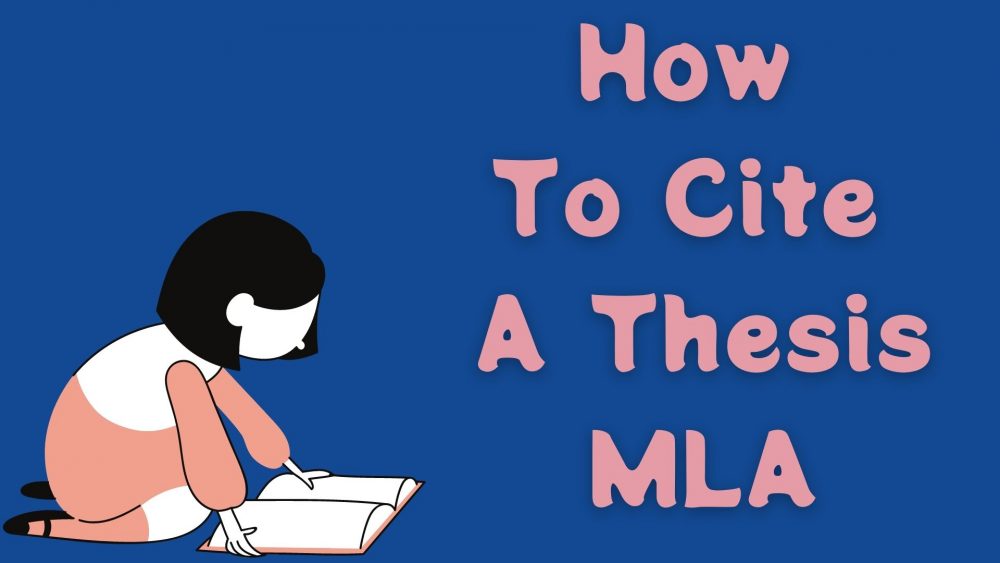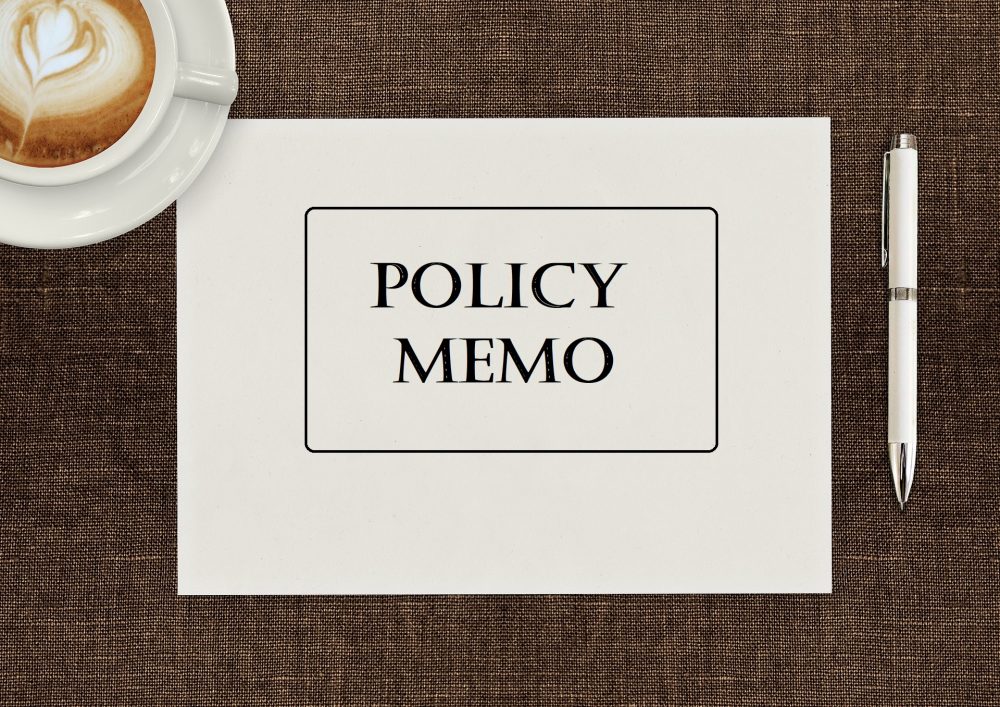You’re reading this because your educator has probably asked you to write a reflection paper. This assignment is common among learners in college. And almost any subject requires learners to write it. Therefore, be prepared to write this paper, regardless of the college or university you opt to join.
When writing this paper, the educator expects you to express your thoughts on an issue. This is a great opportunity to do something uncommon in college due to the strict laws that govern academic writing. Thus, writing an end-of-course reflection paper assignment provides a chance to speak your mind. You get an opportunity to perceive things from your perspective and then share your views with the readers.
With no exaggerations, a critical reflection paper is crucial for self-understanding and studying progress. Nevertheless, students should start by learning how to write a course reflection paper to benefit from this assignment.
Contents
What is a Reflection Paper?
Before learning how to write a reflection paper, it’s crucial to understand what it is.
A reflection paper definition describes it as a write-up that requires the author to share their view or opinion on a specific topic. The opinion can support the topic or oppose it with personal examples and observations.
Unlike term papers and other academic writing tasks that require learners to present other writers’ and academics’ opinions, a personal reflection paper allows the student to write from their viewpoint. The best thing about this assignment is that it doesn’t have a wrong answer. That’s because a reflection paper meaning states that you only express your opinion. And it doesn’t have to necessarily coincide with the thoughts of your readers.
Why Write a Reflection Paper?
Writing this academic paper provides a chance to consider how personal observations and experiences shape your acceptance of and thinking about new ideas. Your educator will ask you to compose a reflective paper as a way to encourage your exploration of your ideas about a topic or text.
When writing a reflective paper, you express personal opinions instead of summarizing other people’s opinions. And this can help you acquire or enhance your analytical skills. That’s because you have to express your thoughts when writing this paper. What’s more, you have to tell your readers why and how you think in a certain way.
A reflective paper also requires you to acknowledge the role of preconceived ideas and assumptions in shaping your thoughts. By doing this, you learn to appreciate other people’s ideas. You also notice how preconceived ideas and assumptions can influence your thinking and decisions. And this shapes how your thoughts and ideas can oppose or support what you study.
How to Write a Reflection Paper
The reflection paper format is different from that of a descriptive essay. That’s because you’re supposed to examine your experiences and observations. Therefore, this write-up can take any format depending on the target audience. However, the most common format is that of an academic essay. That’s where a write-up has an introduction, the body, and the conclusion.
Here’s how to do a reflection paper step-by-step:
- Choose a topic: Start by selecting a topic for your paper. Your professor can provide several topics from which you can choose what to write about. Pick a topic you will be comfortable writing about.
- Brainstorm for ideas: Think about your topic carefully. You can also talk to friends and relatives about your topic. Take notes when brainstorming to ensure that you have every idea related to your topic. Once you’ve done that, consider your attitude towards the issue and then decide on your approach or viewpoint.
- Outline your paper: A reflection paper outline should highlight where different ideas will go in the write-up. For instance, which ideas will you include in the body of your paper? What will be your thesis or guiding statement? You can have a single sentence for every section of your paper in the outline.
- Write the paper: Follow your outline to write the paper. Start with a reflection paper introduction. In this section, tell your readers about the topic. Briefly state your opinion about it and hint at the direction your paper will take. Please note that you can write the introduction after writing the other sections of the paper. That’s because at that time you will know what you’ve written and how to introduce it. After the introduction, write the body of your paper. Each of your main ideas should have a single paragraph. Include illustrations and examples to support your argument. After writing the introduction and the body, draft a conclusion that reminds the readers of what you set out to do and how you’ve done it.
- Proofread your paper: Once you’ve written your paper, go through it carefully eliminating all typo, grammatical, and spelling errors. Make sure that you have followed your reflection paper template as stipulated in the outline. That way, you can be certain that you did not leave out the ideas you intended to present in your paper.
This assignment will be easy to complete if you follow these steps. But if you encounter difficulties or still don’t know how to start a reflection paper, use an example. The internet is a good resource for modern students because it provides guides and samples for almost any assignment. Therefore, look for a good reflection paper example and use it as a guide for writing yours. If you can’t find a good sample online, ask your educator to provide it.
Reflection Paper In Details
You know that this paper should have an introduction, the body, and the conclusion. But, what do you include in these sections? Well, you’re supposed to express your opinion or ideas. However, you should do that reasonably and not emotionally. Also, follow an academic style when doing that. For instance, you could be writing a psychology reflection paper. In that case, make sure that you have written an APA reflection paper. That means you should adhere to the guidelines of the APA academic writing style. Here is what you should include in every section of your paper.
- Introduction: The introduction of your paper should tell the audience what to expect in the paper. It should summarize your central claim. Be brief, catch, and informative. You can also ask the audience a reflective question.
- Body: Explore your central claim in the body with several paragraphs. If writing an internship reflection paper, for instance, you can adapt the three-paragraph structure. Here, the first paragraph introduces the experience while telling the readers about its influence on you. The second paragraph can compare your experiences with those of others. And the third paragraph can tell readers about the knowledge you acquired from the experience.
- Conclusion: Your paper should have a solid or striking conclusion. This should be the bottom line of your paper. Therefore, demonstrate how you’ve formed your ideas fully in this section. Compose a conclusion that nicely wraps up your discussion. Leave the audience with a conceivable image about the experience to also reflect about.
Useful Tips to Follow
Just like with most academic assignments, you will come up with a better paper if you have tips to follow when writing an ethics, internship, or leadership reflection paper. For instance, you can experience a boost in performance if you take a short walk or drink some coffee when writing this paper. Ideally, take a break and do something relaxing, even dancing, when writing your paper.
Here are more tips to help you when writing this paper.
- Think about outstanding materials or readings about the topic to jog your memory before you start writing.
- Don’t rush to complete the paper and beat the deadline without thinking much about what goes into your paper.
- Read a good reflection paper sample before you start writing to understand how your educator expects you to present opinions in this write-up.
- Use singular, first person in your paper without colloquial or slang.
- Don’t get emotional or personal even when writing about something that bothers you. Instead, focus on presenting facts and supporting evidence.
- Consider writing the introduction after writing the other sections of your paper. That’s because your thoughts will be clear at this time and you will know what you intend to tell your readers.
- Consider writing different parts of your paper at varying times. For instance, you can outline your paper one day and then write it another day. Get our thesis writing help if needed.
- Start writing your paper early to avoid the last-minute rush. That way, you will avoid presenting rushed and inconsistent ideas in your paper.
Whether you opt to write an internship, leadership, critical, or ethics reflection paper, you need to pay keen attention to details and a certain skill level to come up with a brilliant write-up. Following these tips and guidelines will help you come up with a paper that will prompt the educator to reward you with the top grade. And if you still can’t write a good paper after reading these tips and guidelines, get and read a sample paper first to understand what your assignment is all about.












